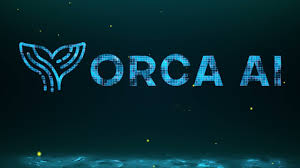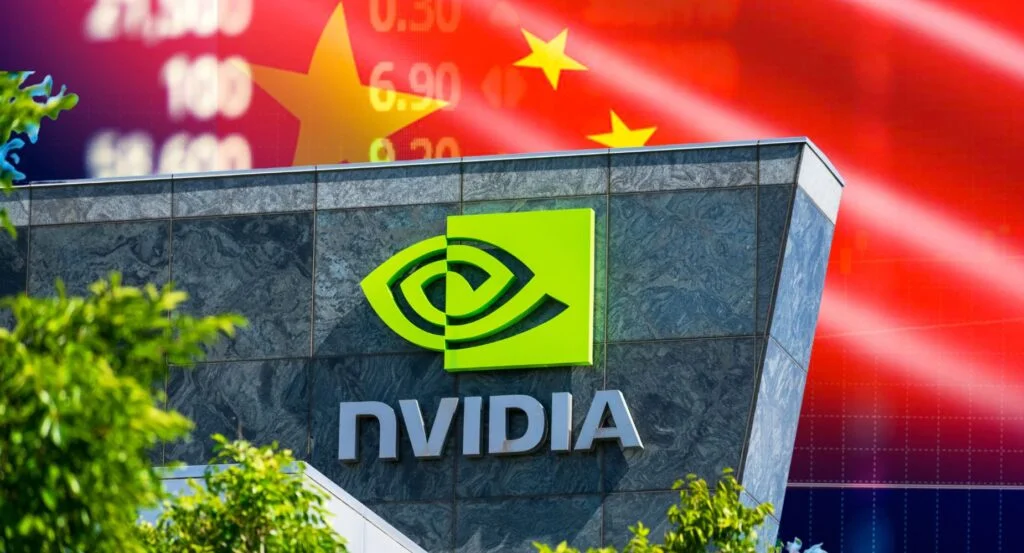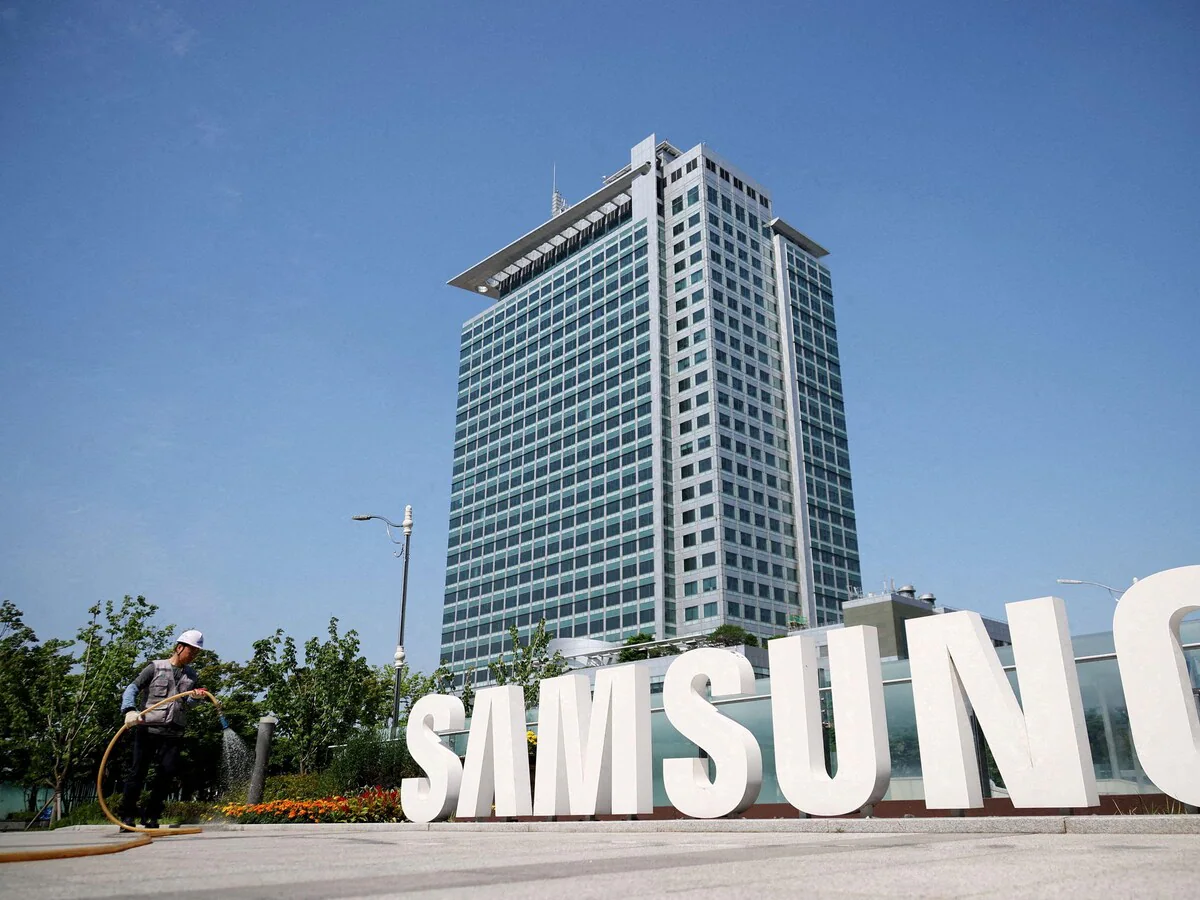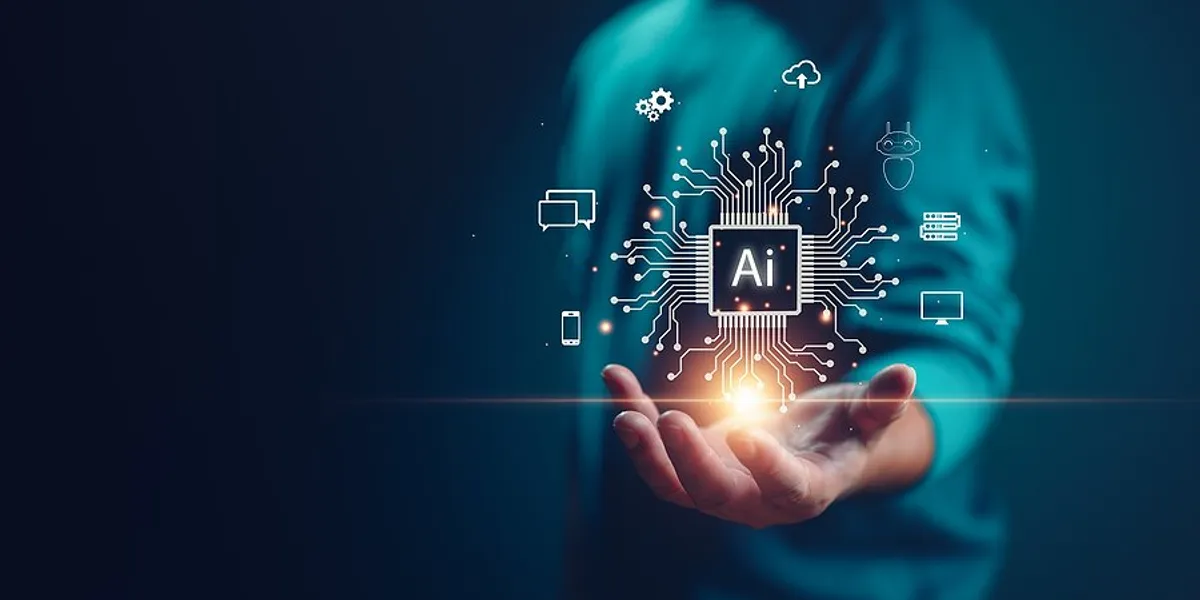Orca AI expands autonomous ship navigation using AI to save fuel and time. The market is set to grow from $4.46 billion in 2023 to $5.33 billion in 2024.
The first-ever autonomous commercial ship journey in crowded waters is credited to Orca AI, a London-based business. OCV Partners and MizMaa Ventures are leading the $23 million in new funding that has been added. The fundraising brings the entire amount raised to around $40 million. We are informed that it is between Series A and B.
The company was established at the close of 2018 and went on to raise a $13 million Series A and commercialize its AI navigation technology in 2021. According to what it said, the most recent round of capital would be utilized for growth and expansion as well as for investments in developing new products that will leverage customer data that the platform is collecting. There are plans to grow the engineering team as well.
Orca AI was founded by Israeli naval technology experts Yarden Gross and Dor Raviv. The platform allows the ship to navigate at sea by processing multiple sources of visual information, keeping it on course,, and freeing up the crew to monitor other aspects of the voyage, like piracy and drone attacks, which are becoming more common in these unstable geopolitical times.
Orca claims its system is so accurate that it cut “crossing events” by 40% and “close encounters in open waters” by 33% over a 15 million nautical mile span, citing findings from a 2023 testing. (To put things in perspective, a European Maritime Safety Agency report states that there were more than 2,500 noteworthy maritime incidents in 2022).
Additionally, it states that the technology can save each vessel between $100,000 and $300,000 in fuel annually (a 3-5% reduction in fuel usage). Furthermore, according to Orca AI, its technology reduced CO2 by 72,716 tonnes on 1,000 vessels in the previous year.
There is pressure on the shipping industry to lessen its carbon footprint, which presents an opportunity for entrepreneurs to automate the sector and use AI and other technologies to increase efficiency.
A rising spectrum of hazards affecting global shipping routes, along with the often harsh and dangerous working conditions for sailors, are putting pressure on the industry and may lead to an increase in crew automation.
In an interview with, Gross, the CEO and co-founder of Orca AI, stated: “Soon, we’re going to see vessels sailing without any crew.” While waiting, you can streamline and automate many of the journey’s tasks, cutting labor and personnel costs. Maximize safety, ETA (estimated arrival time), and fuel consumption emissions. Thus, this is what we’re constructing. Our construction is aimed at providing support for the ship itself.
A rising spectrum of hazards affecting global shipping routes, along with the often harsh and dangerous working conditions for sailors, are putting pressure on the industry and may lead to an increase in crew automation.
According to Gross, fleet managers can access monitoring tools and capabilities through Orca’s platform, which uploads all data to the cloud. This means they can command the entire fleet, not just one ship. Thus, it can be considered an operating platform for a partially autonomous fleet.
Hemi Zucker, managing partner at OCV, added in a supportive statement: “Maritime transport is the lifeblood of international trade and the global economy.” By some estimates, the sea transports over 80% of the volume of products traded internationally, making it a $2 trillion business. While there has been a lot of advancement and investment in autopilot and collision avoidance for cars, trains, and airplanes, we think the maritime sector is still open for grabs and that autonomous ships—ships that captain themselves—offer a unique potential.
Orca AI collaborates with international shipping firms such as MSC, NYK, Maersk, and Seaspan.
Other businesses focusing on autonomous maritime navigation include Sea Machines and Avikus, a division of Hyundai HD.



